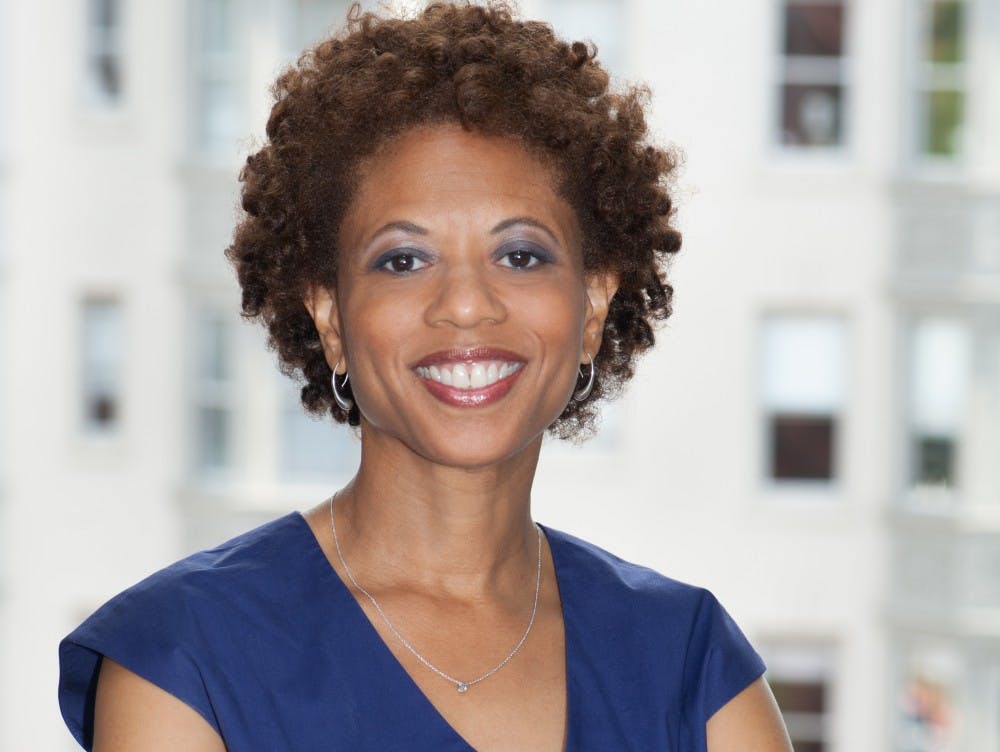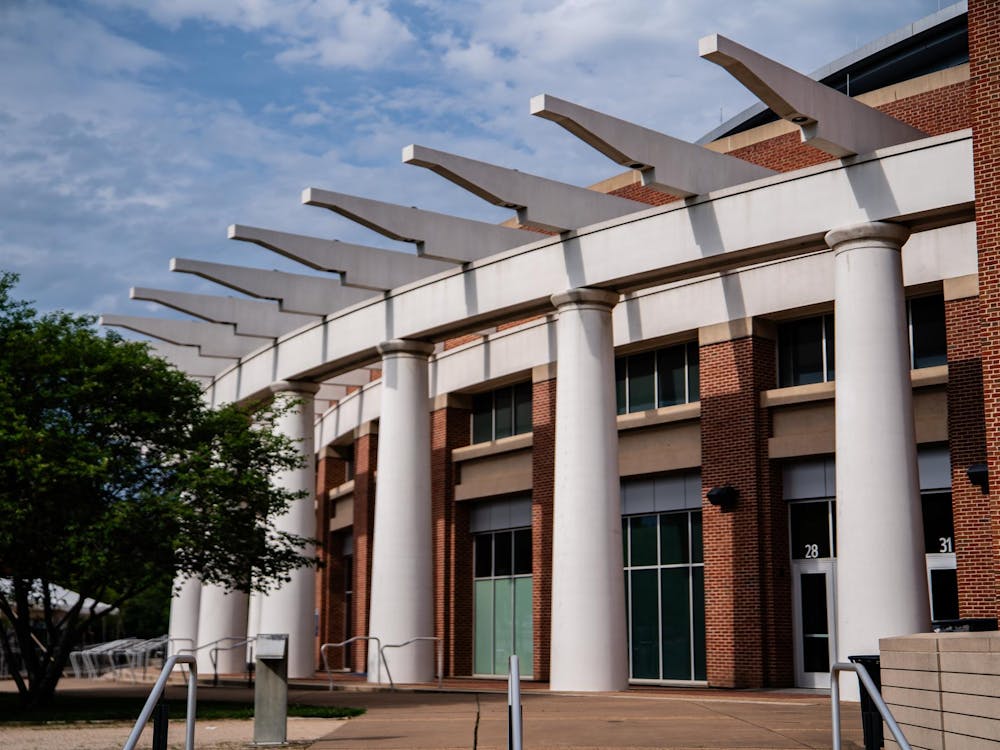The University announced last month the launch of its Democracy Initiative, a collaboration led by the nonpartisan Miller Center of Public Affairs and the College and Graduate School of Arts and Sciences. The Democracy Initiative will fund research and curriculum exploring issues related to democracy around the world — including race, religion, immigration, women’s rights, the economy and the media.
The Initiative received an initial $12.9 million gift from 17 donors and has access to $10 million in matching funds from the University’s Strategic Investment Fund, which is a part of the University’s endowment used to fund prioritized initiatives.
To lead the Initiative, the University appointed Melody Barnes, former director of the Domestic Policy Council for former U.S. President Barack Obama;s administration, to be co-director of policy and public affairs of the Democracy Initiative. The University is currently searching for another co-director who will primarily lead academic research efforts, College Dean Ian Baucom told The Cavalier Daily.
Barnes said she took the position because she cares about the initiative’s core issues — and believes they’re relevant on the world stage.
“I believe that this is a precarious and critical moment for democracy, not only in the United States but around the world,” Barnes said.
Part of the initiative entails an examination of the current state of democracy in the U.S., which Barnes said the founding fathers encouraged the country to do.
“I think first of all to understand that type of self-reflection — of national self-reflection — was required of us by the founders,” Barnes said. “They expected that of us. I think they would’ve been disappointed if they saw us not exercising the opportunity to question our institutions and our processes and engage in rigorous debate between one another.”
Barnes said she believes the University has a particular responsibility to address the issue of democracy given its historical ties to the founding of the country.
“Obviously, a University [whose] cornerstone was laid by three presidents and men who studied philosophy, who studied history, who were daring in their conception of a constitutional republic and who were active participants in its development and its Constitution — is important,” Barnes said. “But at the same time, [they were] living lives and exercising power in an environment that hardened and exacerbated some of the worst acts that were in direct contradiction to those aspirations.”
Barnes’s role will focus on connecting the work of the Democracy Initiative to actors in all levels of government as well as in the private sector and non-profit and philanthropic organizations.
“Her deep experience in government gives the Initiative the leadership it needs to succeed with the public engagement aspects of the Democracy Initiative,” Baucom said.
Along with her White House experience, Barnes served as executive vice president for policy at the Center for American Progress, chief counsel for School of Law alumnus Sen. Edward M. Kennedy and in other government-related positions.
The initiative funds rotating interdisciplinary research projects, dubbed “democracy labs,” led by University faculty and students focusing on specific issues related to democracy. Labs last three to five years, and new lab topics will be chosen through a rigorous proposal selection process.
The first lab — titled “Religion, Race and Global Democracies” — is led by Religious Studies Assoc. Prof. Martien Halvorson-Taylor and Religious Studies Prof. Kurtis Schaeffer. The lab was formed in direct response to the white supremacist rallies in Charlottesville in August 2017 and largely focuses on those events. A podcast called “Sources of In | Tolerance” will be produced as part of the lab.
Barnes said the white supremacist rallies in Charlottesville were symptomatic of national issues, like race relations, with which the entire country — and not just Charlottesville or the South — have to grapple.
“Part of the problem is there isn’t a fulsome understanding of the founding of our country, the economy of our country that was developed around that founding and the ideology and principles at that time and how they have continued into 21st century America — and they have affected all parts of our country,” Barnes said. “It isn’t just a Charlottesville problem, it isn’t just a southern problem — indeed, it is an American challenge.”
The second lab will focus on combating corruption and will include a joint collaboration between the College and Graduate School of Arts and Sciences, as well as the School of Law.
Baucom said the Democracy Initiative will work with the recently-introduced Forums Curriculum in the College — first-year introductory seminars on very specific subjects — allowing undergraduate students to participate in the democracy labs.
“Each of the Democracy Labs will develop a Forum as part of the Forums Curriculum,” Baucom said. “In the future, this will give students the opportunity to base their general education experience on a democracy-related topic if they choose to enroll in one of the College’s Forums that are focused in this way.”
As part of the Democracy Initiative, the University will host the Presidential Ideas Festival in May 2019 in Charlottesville. The festival will center around the history and future of the American presidency, and will feature a broad range of political experts — including former Secretary of State Madeleine Albright, MSNBC “Hardball” host Chris Matthews and numerous former White House officials. CBS host John Dickerson, who graduated from the College in 1991, will moderate the festival.







